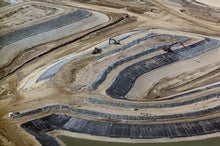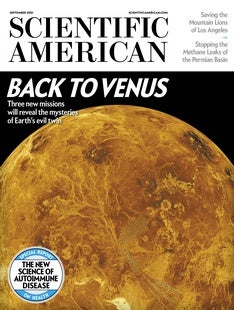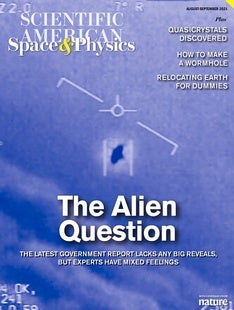 |
| August 24, 2021 |
Dear Reader,
The U.S., Russia and China are racing to develop new hypersonic missiles, weapons that military officials claim will revolutionize warfare. But physicists disagree—and in this week's lead story, they explain why "many of the claims about [hypersonic weapons] are exaggerated or simply false." |
| |
 |
| |
| |
| |
| |
| |
| |
| |
| |
FROM THE STORE
 | | Technology vs. Truth: Deception in the Digital Age In the digital age, information, both true and false, spreads faster than ever. The same technology that provides access to data across the globe can abet the warping of truth and normalization of lies. In this eBook, we examine the intersection of truth, untruth and technology, including how social media manipulates behavior, technologies such as deepfakes that spread misinformation, the bias inherent in algorithms and more. |  | | |
| QUOTE OF THE DAY
 "In a country whose official seismic-monitoring stations are sometimes offline because of limited resources, the community-seismology project provides much-needed data. Right now, the network is detecting aftershocks that continue to rattle the region." Alexandra Witze, Nature | |
| |
FROM THE ARCHIVE
 | | | |
LATEST ISSUES
 |
| |
| Questions? Comments?  | |
| Download the Scientific American App |
| |
| |






















